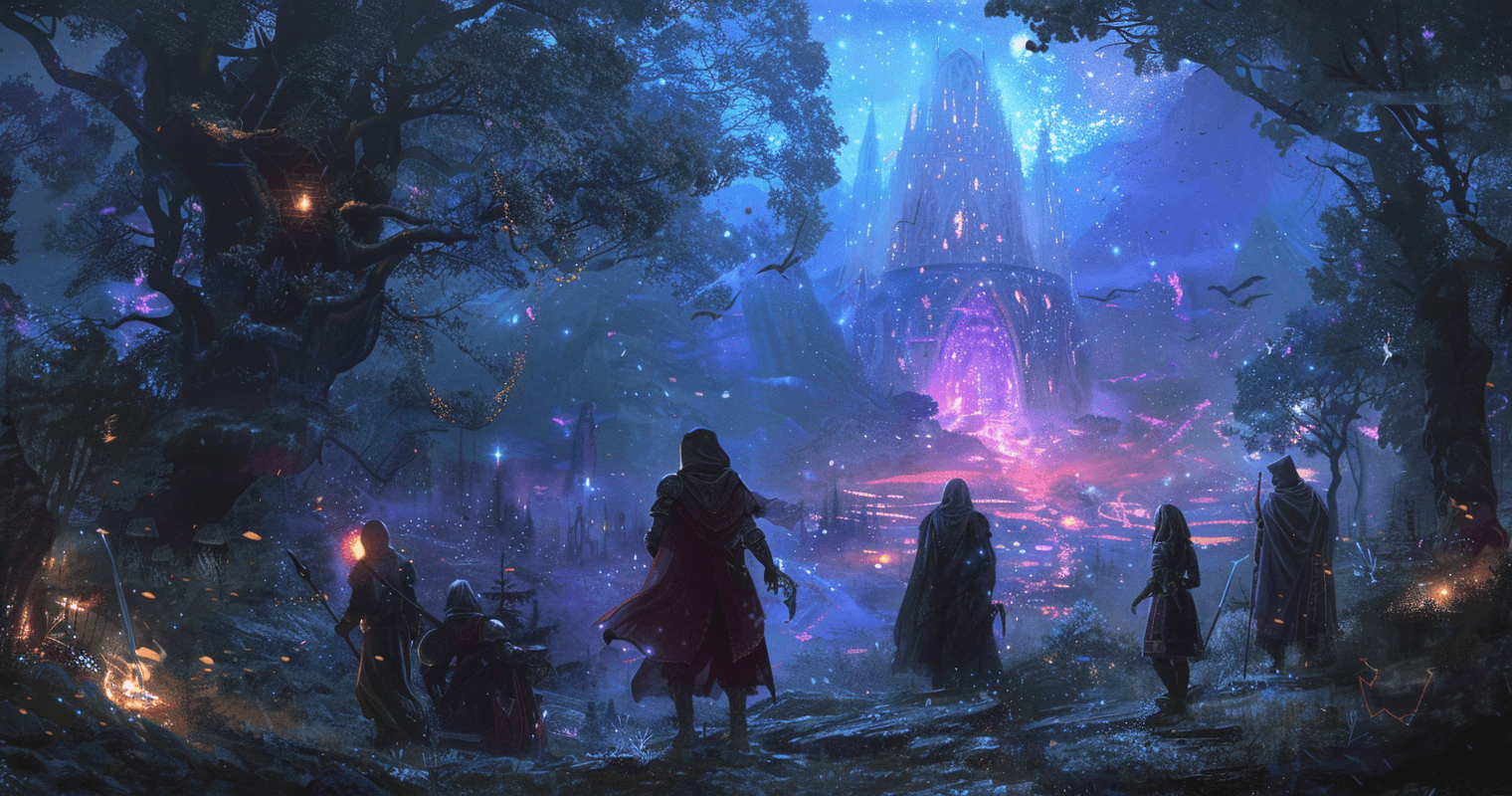
Top 5 Tips to Find Your Ideal Tabletop Gaming Group
Tabletop gaming is more than just a hobby; it’s a gateway to rich stories, strategic challenges, and most importantly, meaningful friendships. The social side of the hobby is one of its most rewarding elements. Whether you’re rolling a set of DND dice in a fantasy campaign or flipping cards in a board game, what makes these games shine is the community that grows around them.
In this post, we’ll explore why tabletop gaming groups are so important, how to find your ideal group, and how to maintain lasting connections. Along the way, we’ll also look at how your tools, like carefully chosen resin dice sets or gemstone dice sets, can become part of the shared experience at the table.
Why Tabletop Gaming Groups Matter

At its heart, tabletop gaming is a social experience. While some games can be played solo, most thrive on group interaction, cooperation, and storytelling. Unlike many video games that rely on screens and headsets, tabletop games bring people face-to-face, gathered around a shared space.
Here’s why community is so central to tabletop play:
1. Shared Experiences
Nothing bonds people like shared moments of suspense, victory, or even hilarious failure. A critical hit in Dungeons & Dragons, a lucky roll in Risk, or the perfect trade in Catan becomes a story you laugh about long after the game ends. These shared memories grow into friendships that extend beyond the table.
2. Enhanced Gameplay
A strong group can make even a simple game memorable. Different playstyles, personalities, and strategies add depth and surprise. A cunning strategist, a storyteller who roleplays every line, or a friend who always manages the “chaotic wild card” role, each adds to the fun.
3. Support and Encouragement
A good gaming group becomes a support network. New players are welcomed, questions are answered, and encouragement flows freely. Rolling dice together becomes more than numbers; it’s about cheering each other on and celebrating successes.
4. Opportunities for Growth
Communities help players grow. Veterans mentor newcomers, introduce new systems, or share clever house rules. Over time, this exchange of knowledge deepens everyone’s enjoyment of the hobby.
How to Find Your Ideal Gaming Group
Finding the right group can feel like discovering treasure. The right people turn game night into something you look forward to all week. Here are some practical steps to help you find your table:
1. Define Your Preferences
Before joining a group, ask yourself:
- Do I prefer role-playing games like D&D or strategy board games like Gloomhaven?
- Am I looking for a group of beginners or seasoned veterans?
- How often can I commit—weekly, bi-weekly, or monthly?
- Do I want in-person sessions, or do I prefer online play via platforms like Roll20 or Discord?
Clarifying what you want will help you find a group that fits your schedule and style.
2. Explore Local Gaming Stores and Cafés
Many local game stores host weekly or monthly game nights. Cafés and hobby shops often have bulletin boards or online listings where people post “looking for group” ads. These are excellent places to meet potential players in a welcoming setting.
3. Join Online Communities
If you can’t find a local group, the internet has countless options. Sites like Reddit, Facebook, Meetup, and Discord host communities dedicated to tabletop gaming. Platforms like Roll20 allow you to join or run online campaigns. These online spaces are also great for connecting with players who share your interests, no matter where they live.
4. Attend Conventions and Events
Tabletop conventions are a goldmine for meeting players. Big events like Gen Con, PAX Unplugged, or Essen Spiel draw thousands of gamers, while smaller local conventions create more intimate connections. Events often feature game demos, tournaments, and free-play areas where you can jump into sessions and meet like-minded players.
5. Start Your Own Group
If you can’t find a group that suits you, create one. Invite friends, coworkers, or family who’ve shown interest. Post in online forums or local boards. Running your own group means you get to set the pace, style, and atmosphere. It’s a chance to build a community that reflects your own love of the game.
Building and Maintaining a Strong Gaming Group
Once you’ve found (or started) your group, the real magic begins. But keeping a group together takes effort. Here’s how to create a gaming group that thrives long-term:
1. Communicate Openly
Talk about expectations. Is the group more casual or serious? Do players want heavy roleplay, or is the focus on tactics and strategy? Open communication prevents misunderstandings and ensures everyone enjoys the experience.
2. Respect Each Other’s Time
Consistency matters. Agree on a schedule and stick to it. If someone can’t make a session, communicate early and have a plan for how to keep the story or game moving. Respecting schedules builds trust and keeps momentum going.
3. Foster Inclusivity
Tabletop games should be welcoming for everyone. Encourage different perspectives, be mindful of conflicts, and ensure all players feel valued. An inclusive group creates the kind of atmosphere where people feel comfortable taking risks and roleplaying freely.
4. Rotate Roles and Responsibilities
Variety keeps things fresh. In RPGs, try rotating the role of Game Master to give everyone a chance to tell a story. For board game nights, let different members pick which game to play or host sessions at their homes. Sharing responsibility keeps the group balanced and fun.
5. Celebrate Achievements
Mark milestones together. Celebrate finishing a campaign, surviving a brutal dungeon, or hitting a one-year anniversary of playing together. Simple gestures like sharing food, giving small tokens (like themed dice bags), or even gifting new dice sets can help strengthen bonds.
Tools That Bring Groups Together: Dice and Beyond
Tabletop games thrive on imagination, but physical tools like dice add to the experience. Dice are not just randomizers; they’re tactile, personal, and symbolic of the group’s adventures.
Many groups enjoy choosing DND dice sets that reflect their characters or themes. A bard might use glittering resin dice, while a wizard prefers a sleek gemstone dice set that feels weighty and powerful. Over time, dice gain stories of their own—remembered for legendary critical hits or disastrous failures.
Having dice that feel personal can also create a sense of identity within the group. Passing around a beautiful gemstone d20 or gifting a new player their first polyhedral set is a way of welcoming them into the fold.
Why Community Makes the Hobby Last
Tabletop gaming isn’t just about rules or game pieces. It’s about people. The laughter around the table, the arguments over strategy, the inside jokes that grow from unexpected dice rolls—these are the memories that last.
A good gaming community also gives players a sense of belonging. In an age when so much entertainment is digital and solitary, the face-to-face connection of tabletop gaming is refreshing. It’s no wonder the hobby continues to grow year after year.
Runic Dice: Your Companions on the Journey
Just as the right group makes your gaming nights unforgettable, the right dice can make your adventures feel even more special. At Runic Dice, we craft exceptional dice that capture the spirit of adventure and imagination. Whether you’re looking for shimmering resin dice, elegant gemstone dice, or complete DND dice sets, you’ll find tools that match your playstyle and personality.
Your dice become more than just game pieces, they become companions in your stories, shared symbols of the moments you’ll never forget.
Conclusion
Tabletop gaming is at its best when shared with others. A strong group can turn an evening of dice and cards into years of stories, laughter, and friendship. By finding your ideal group, nurturing it with communication and respect, and adding personal touches like shared dice sets, you’ll create experiences that last long after the game ends.
So gather your friends, find your table, and let the adventure unfold. And when you reach for your dice, whether glittering resin, polished gemstone, or classic plastic, remember that they’re not just tools of chance. They’re the heartbeat of the stories you’ll tell together.



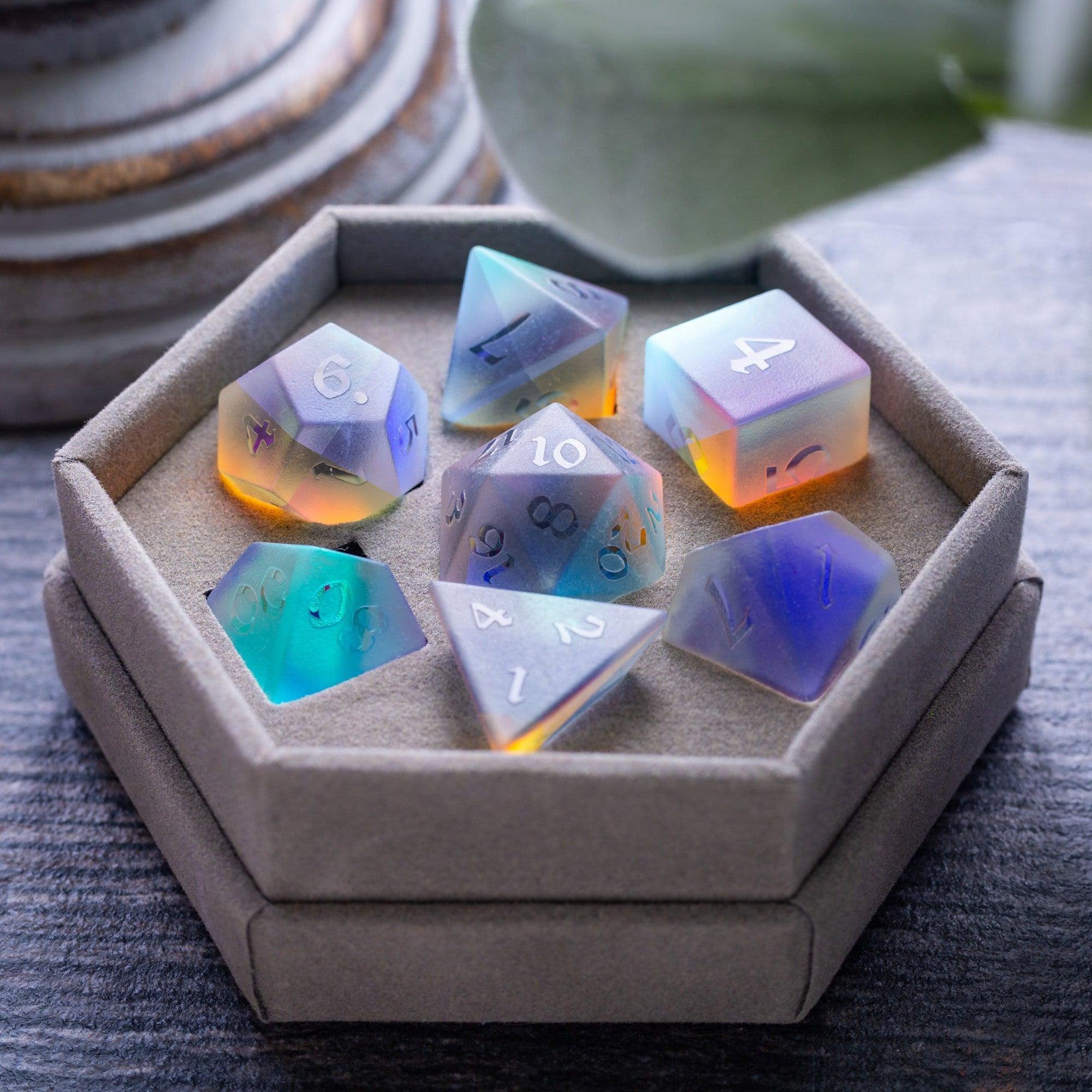
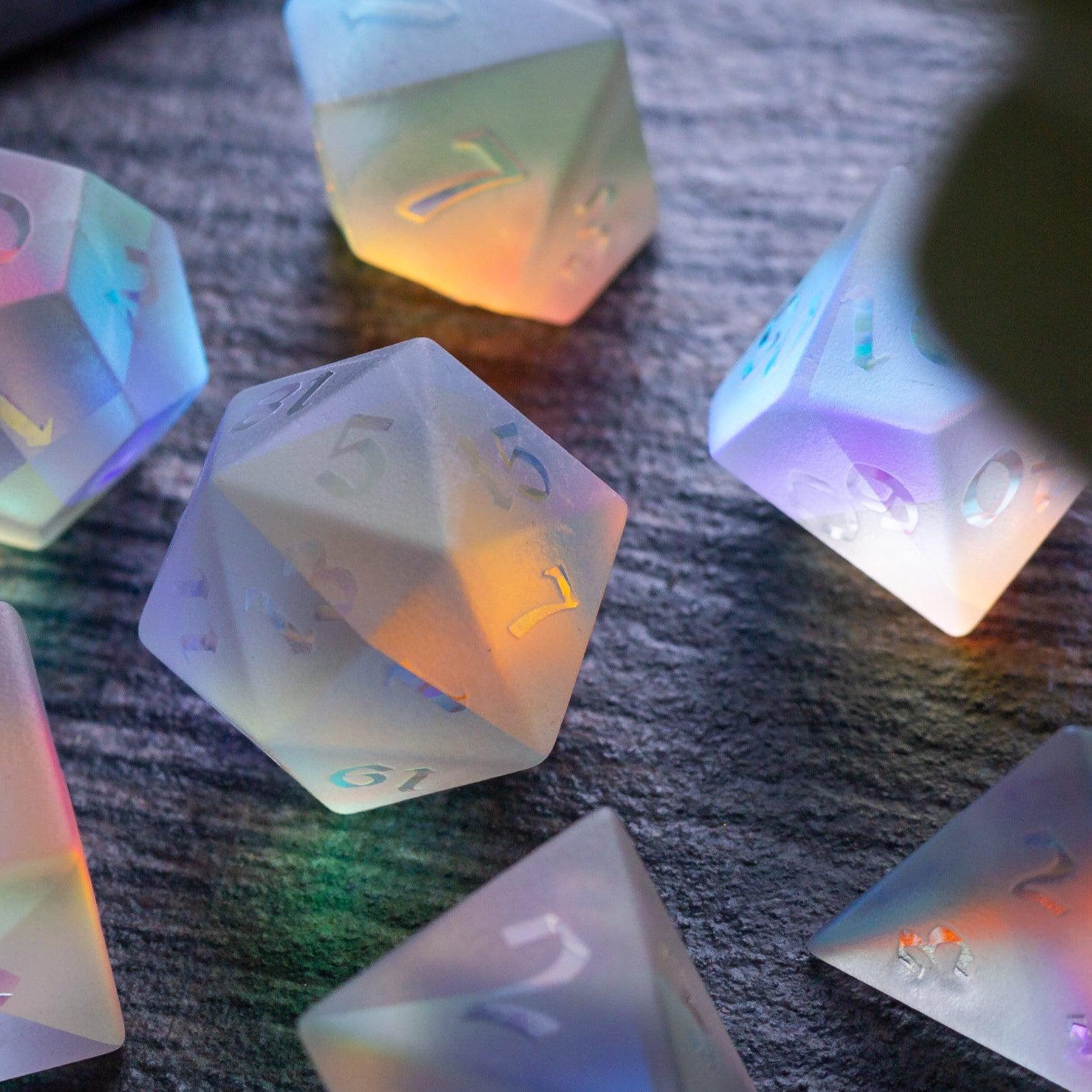
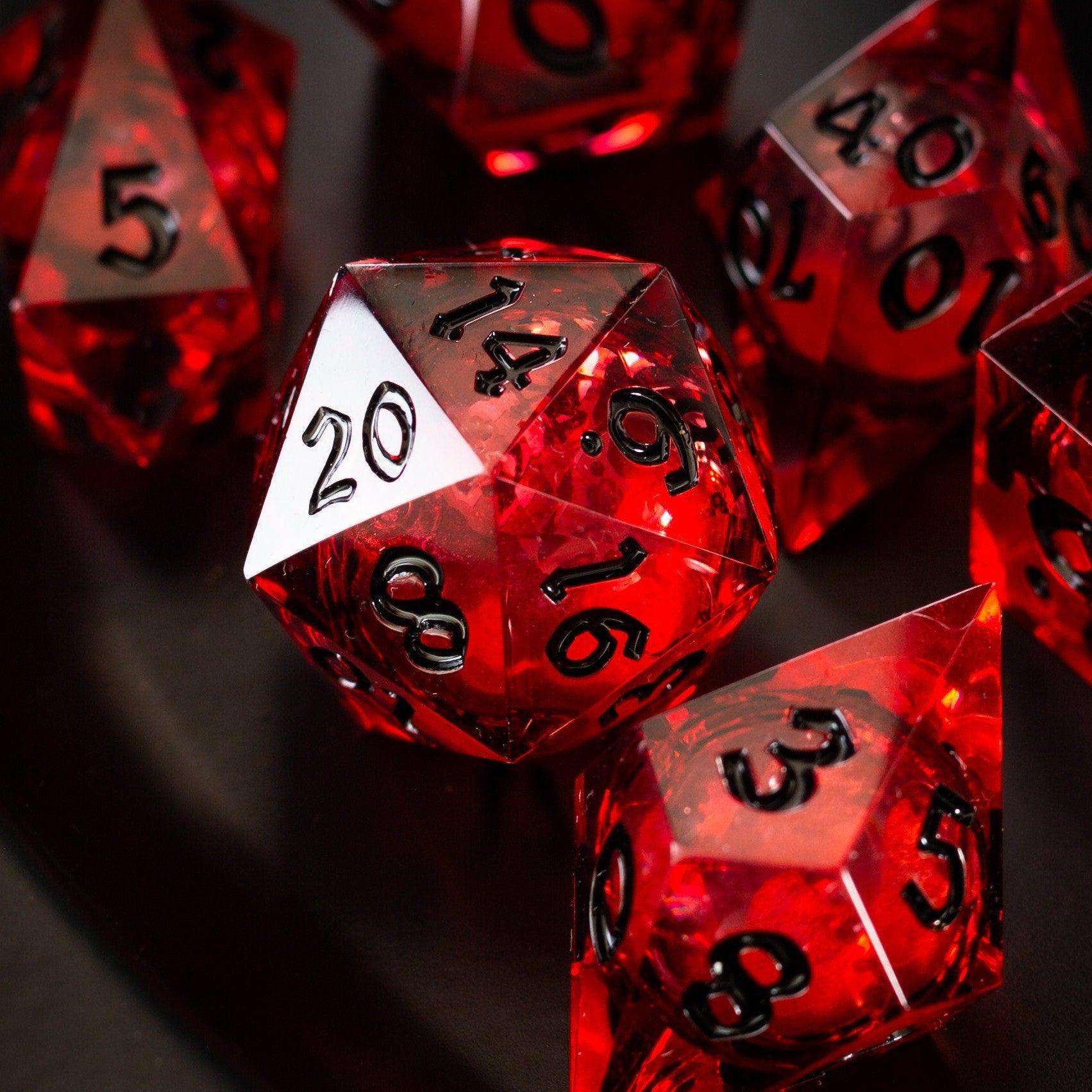
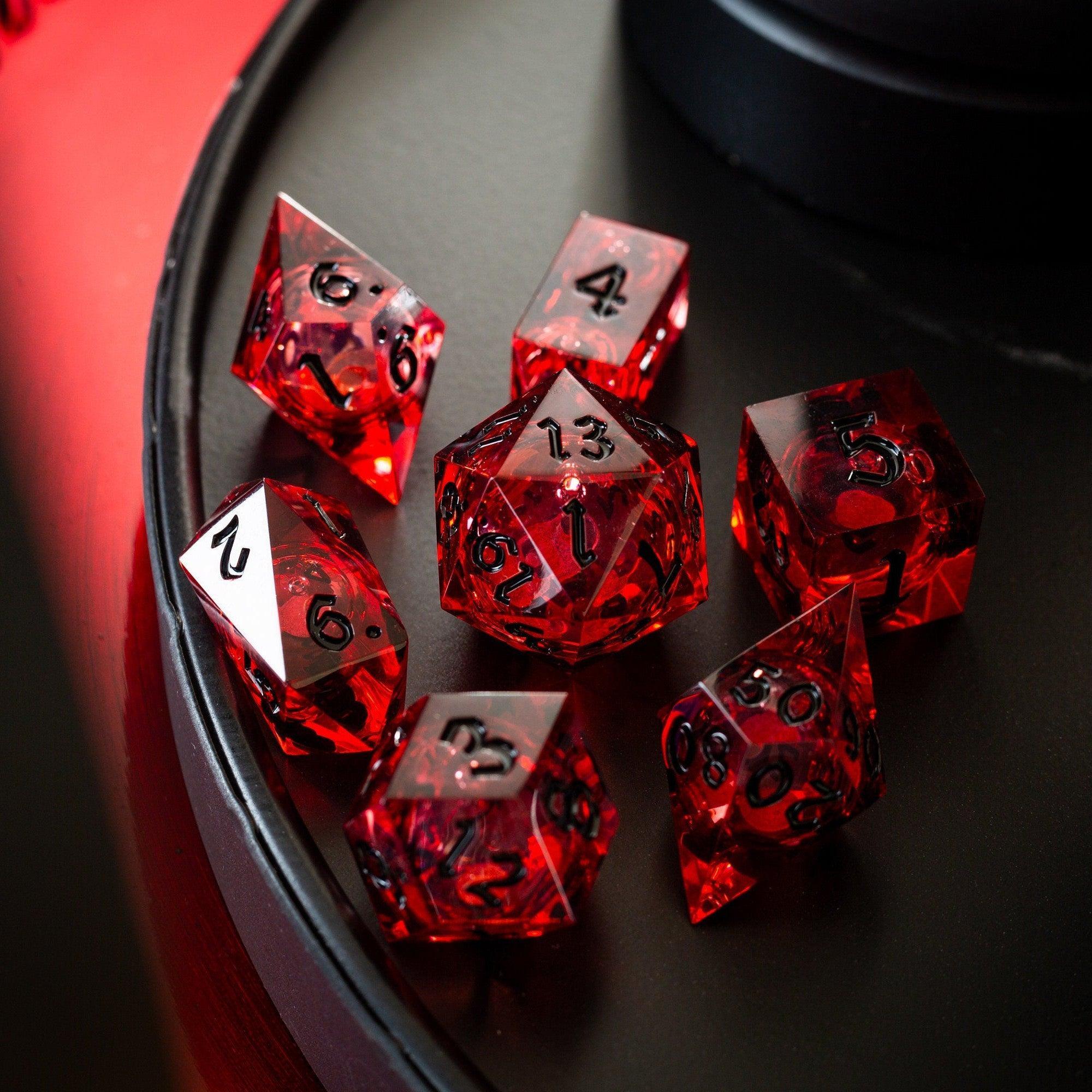
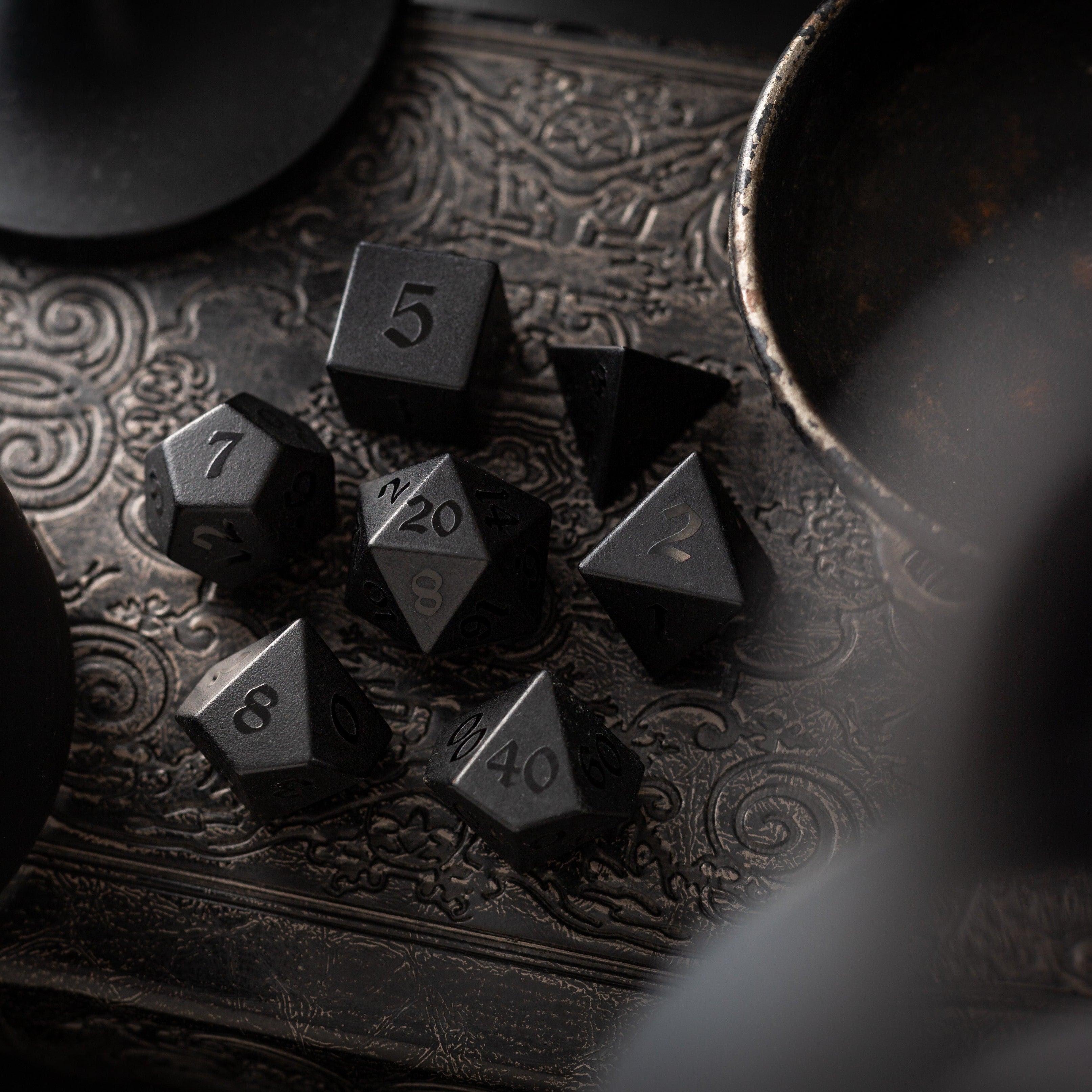
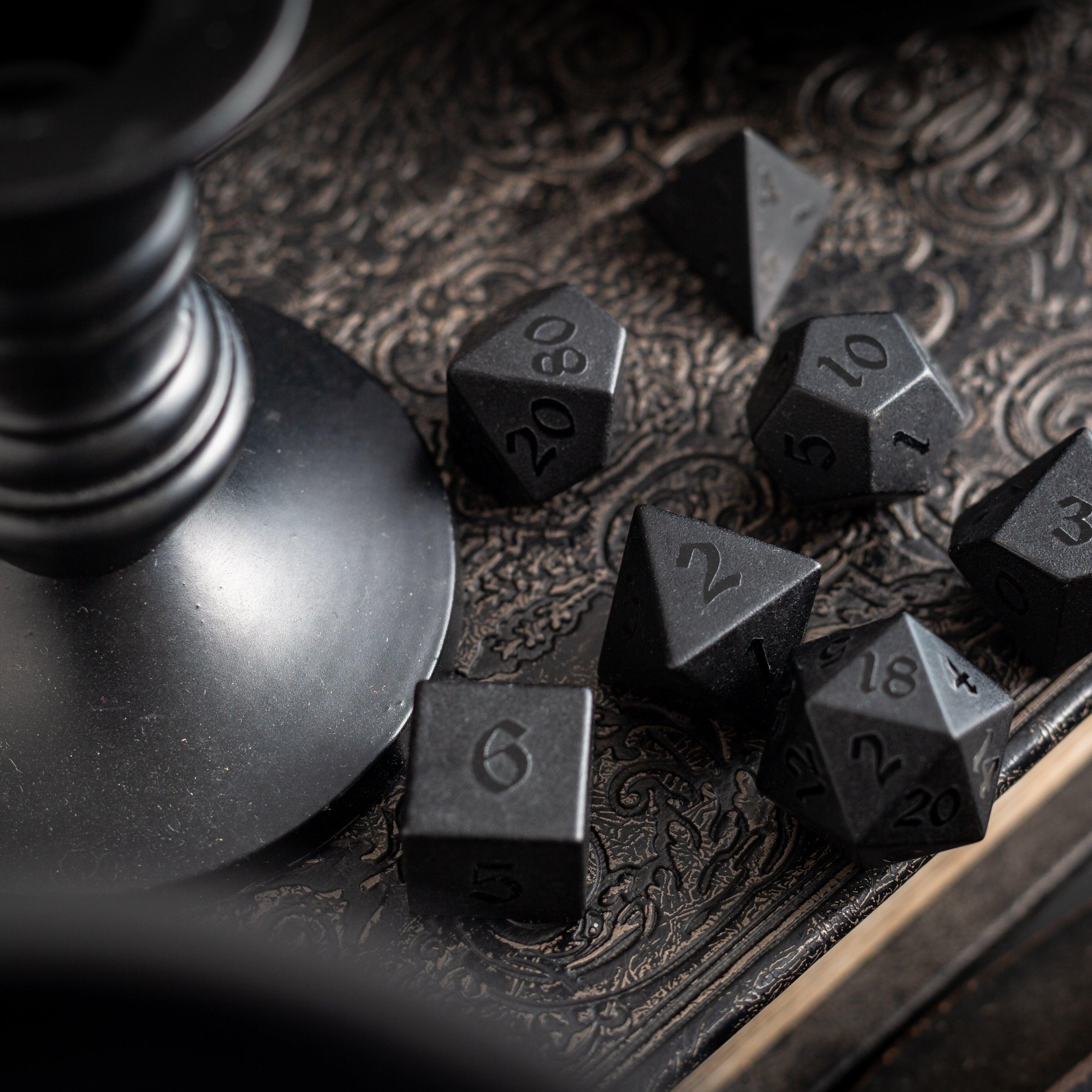
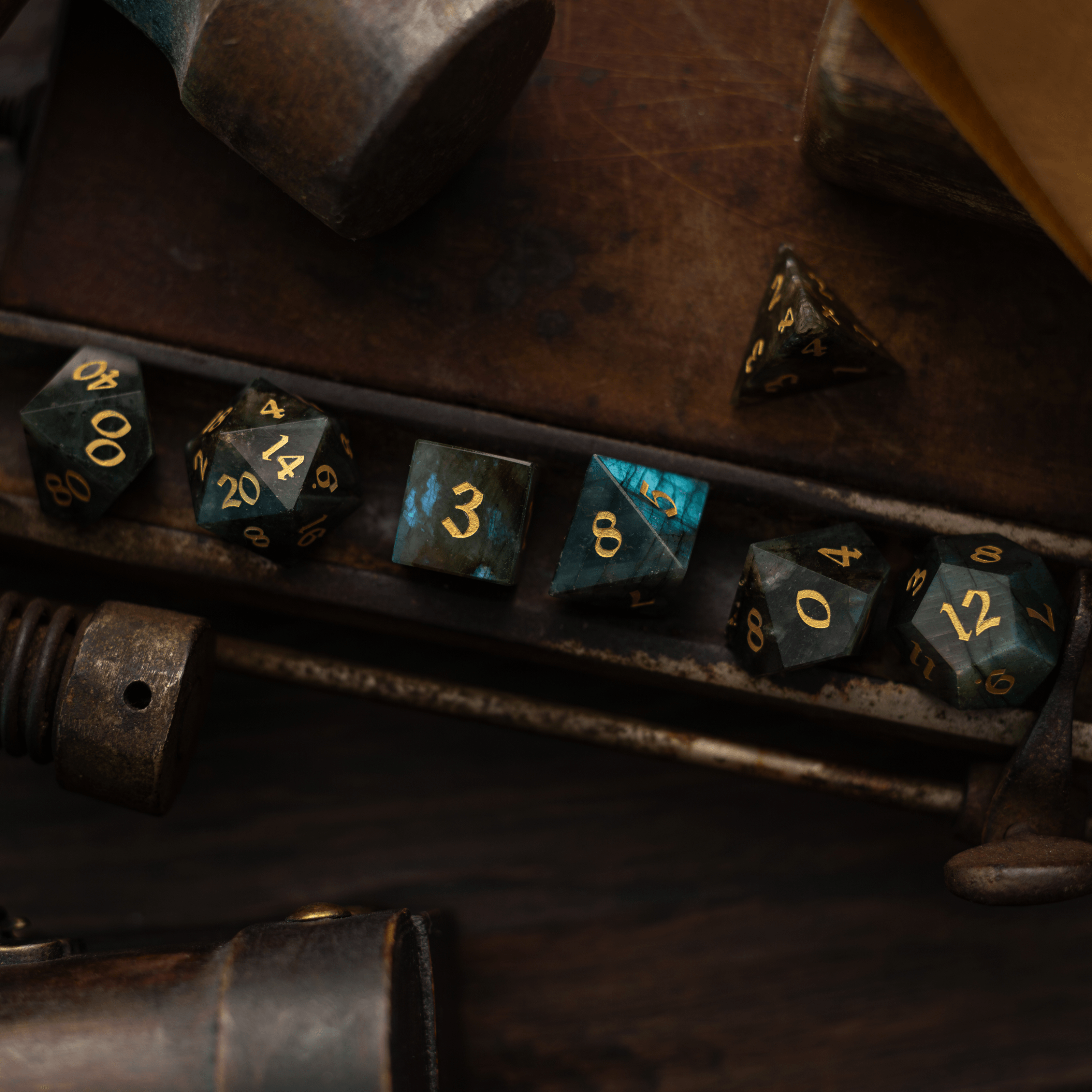
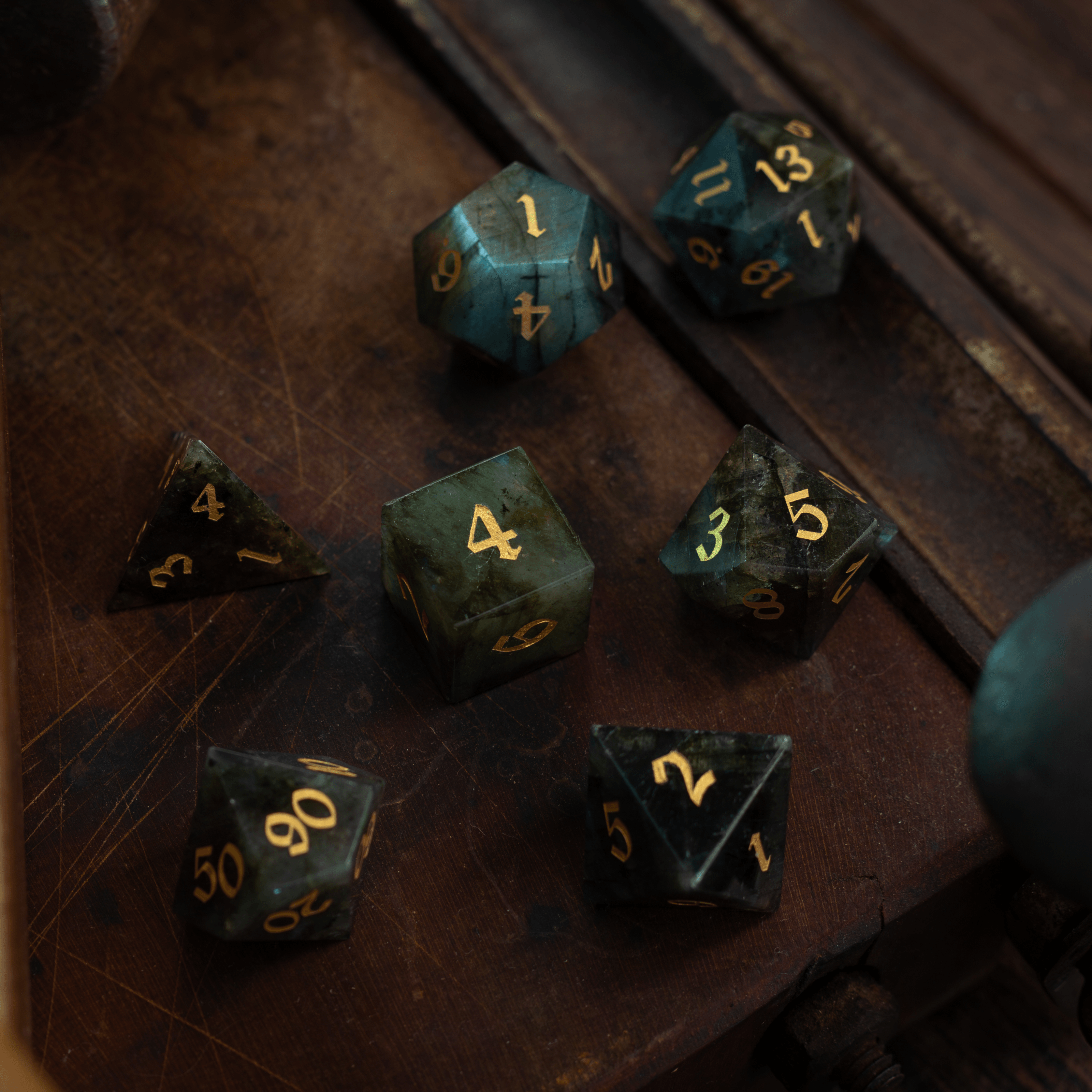
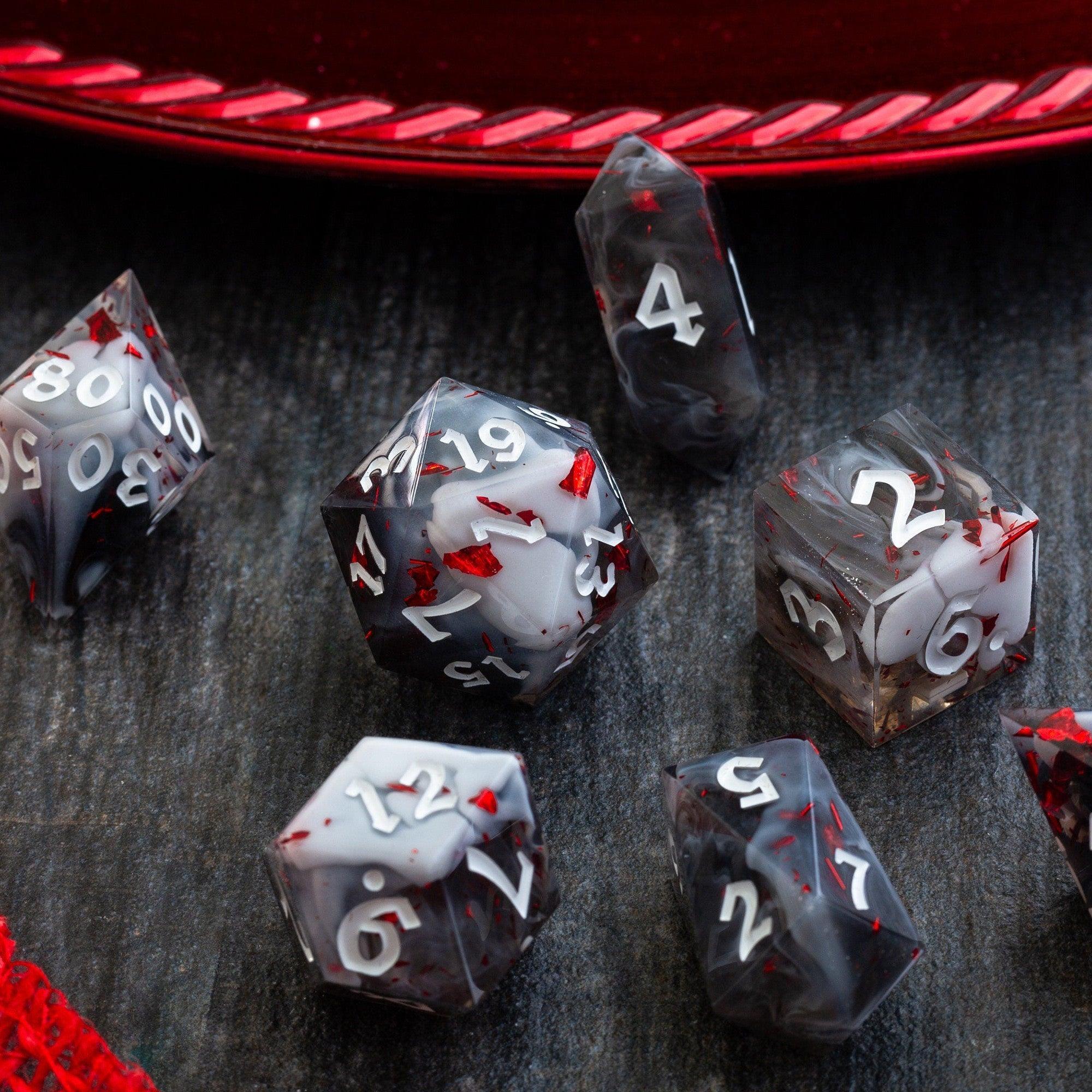
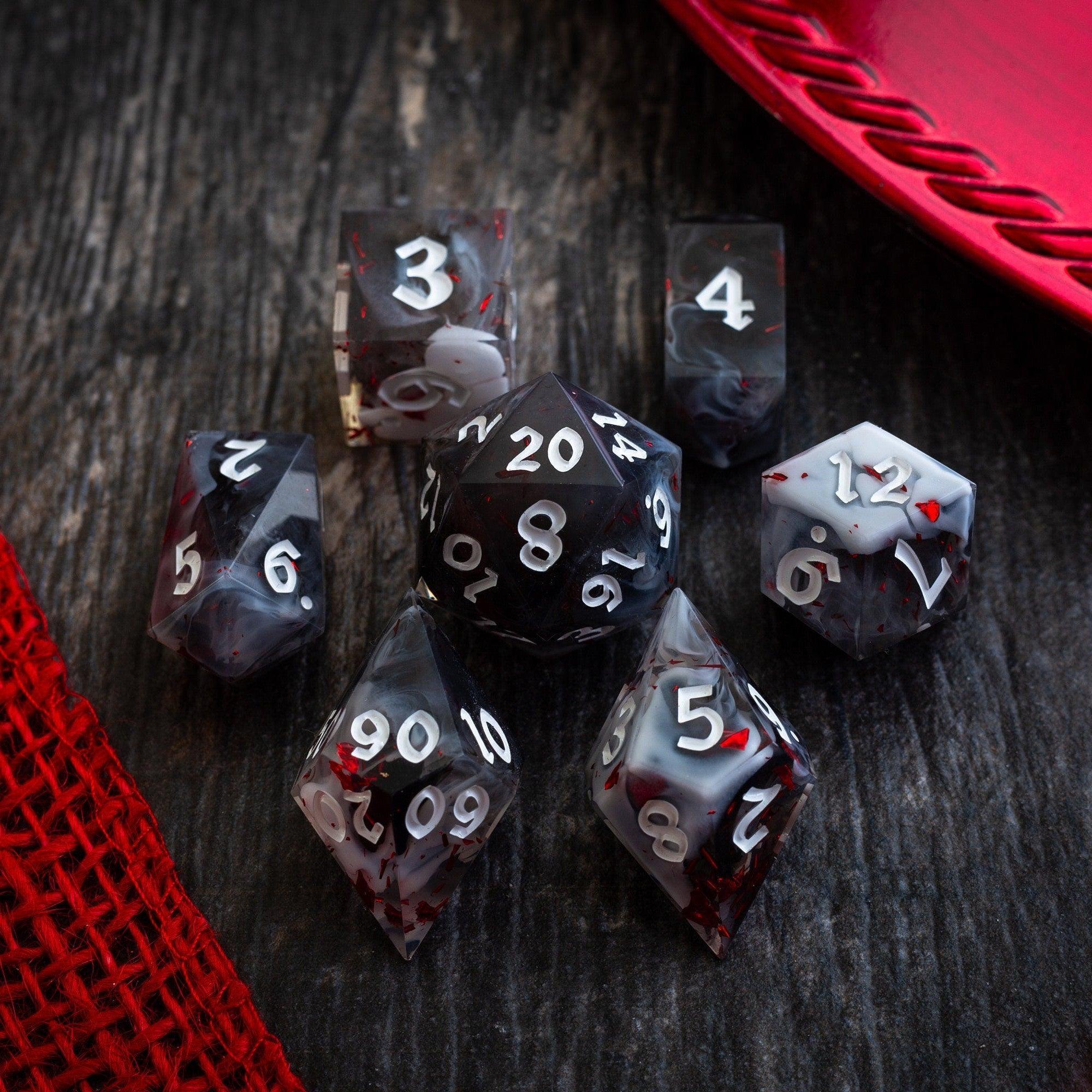
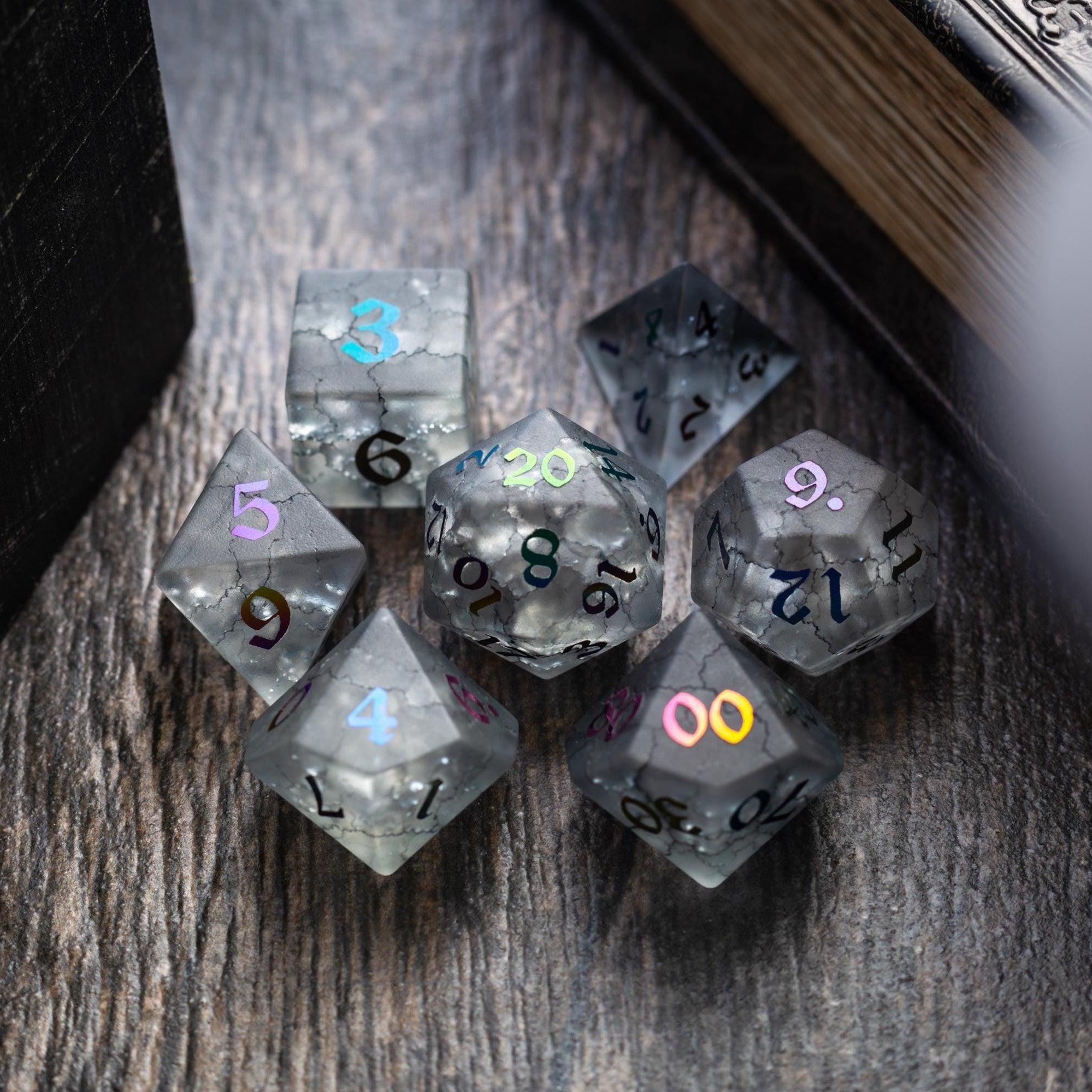
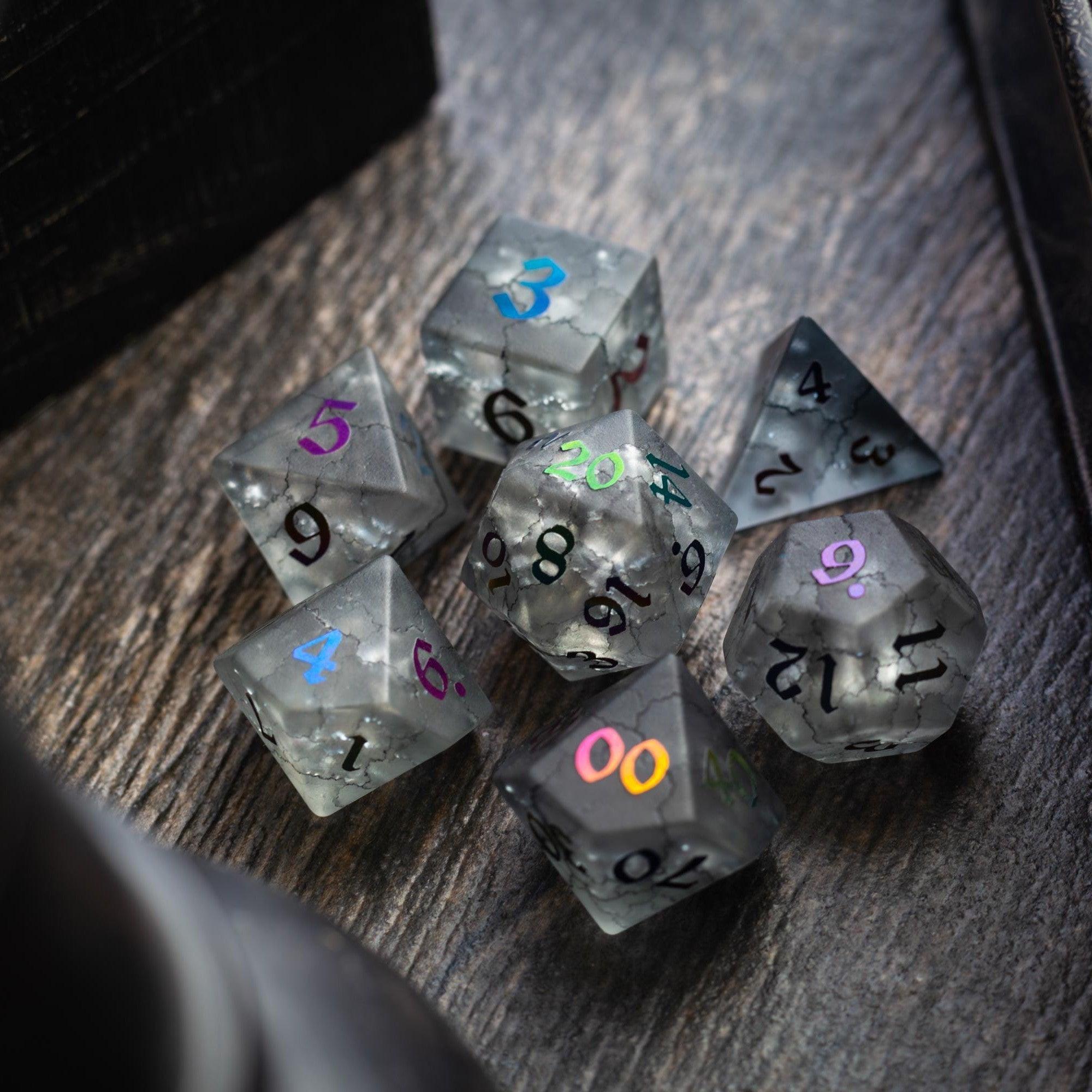
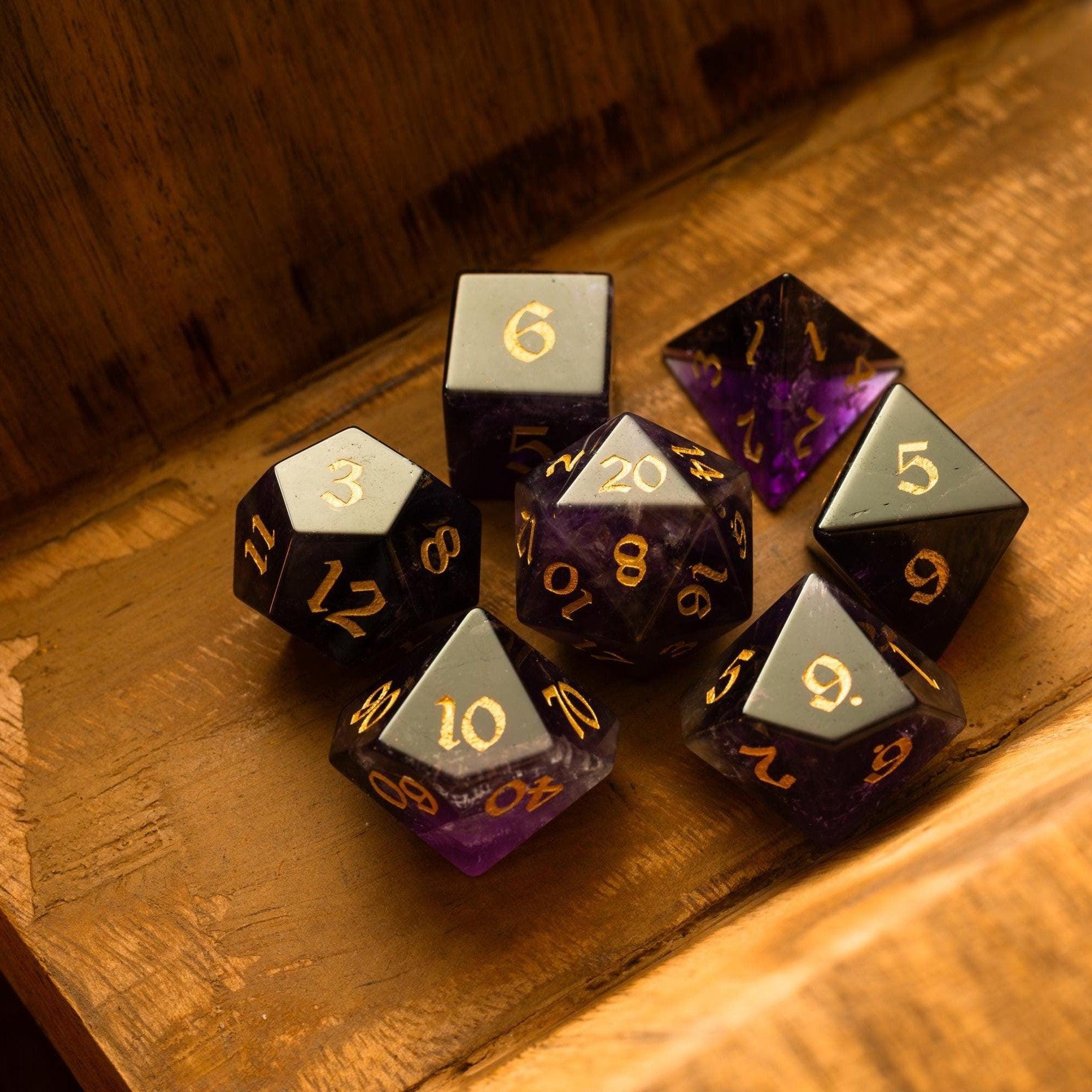
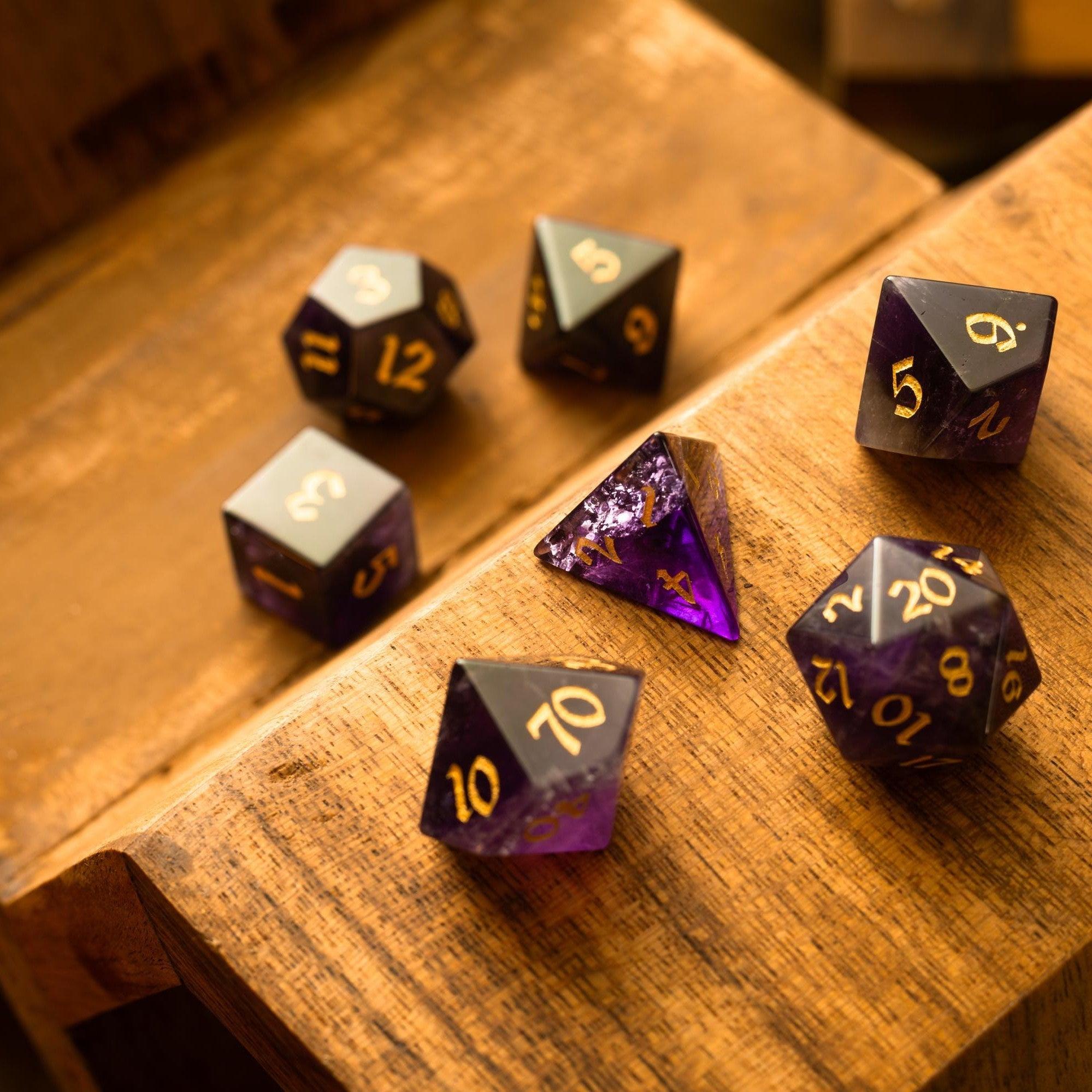
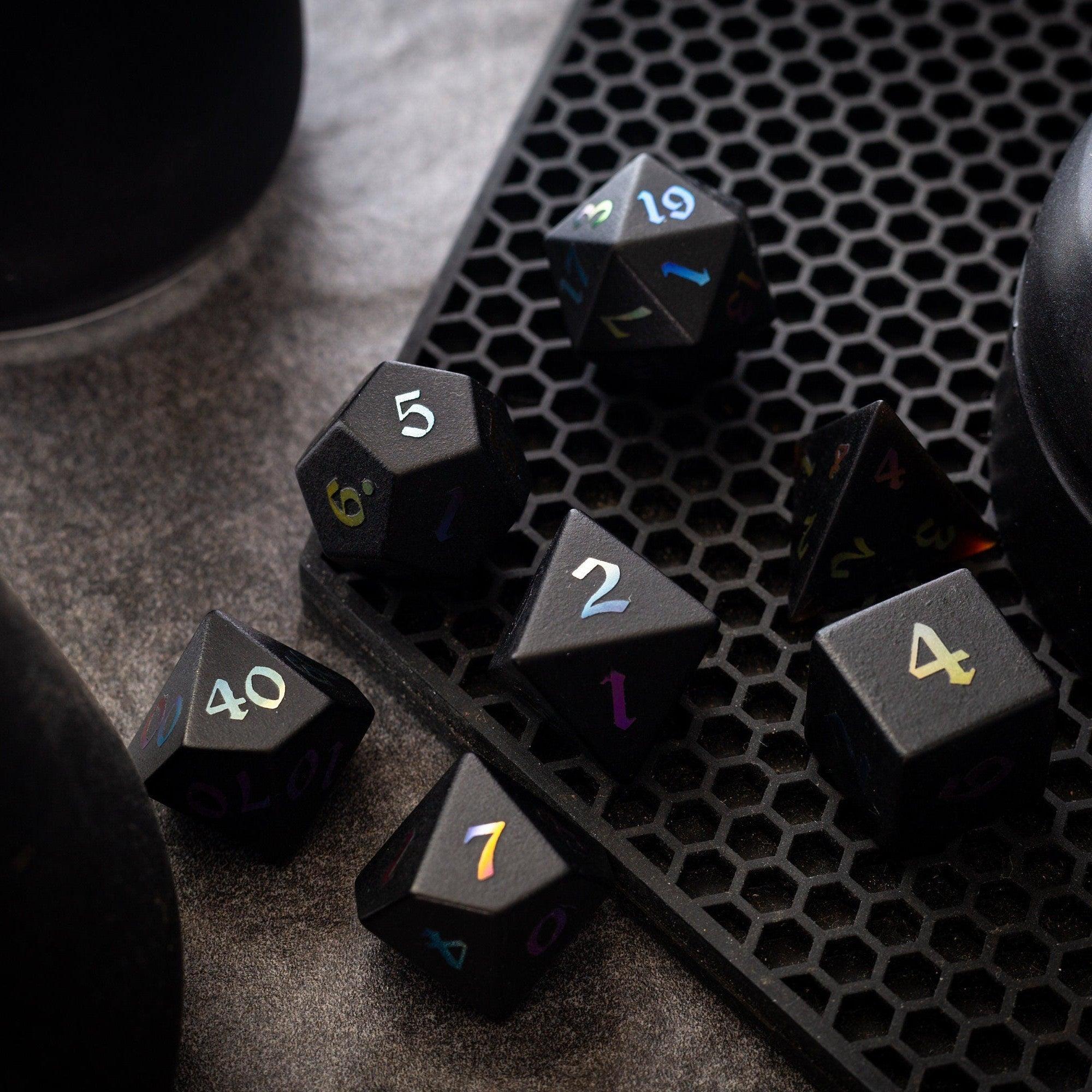
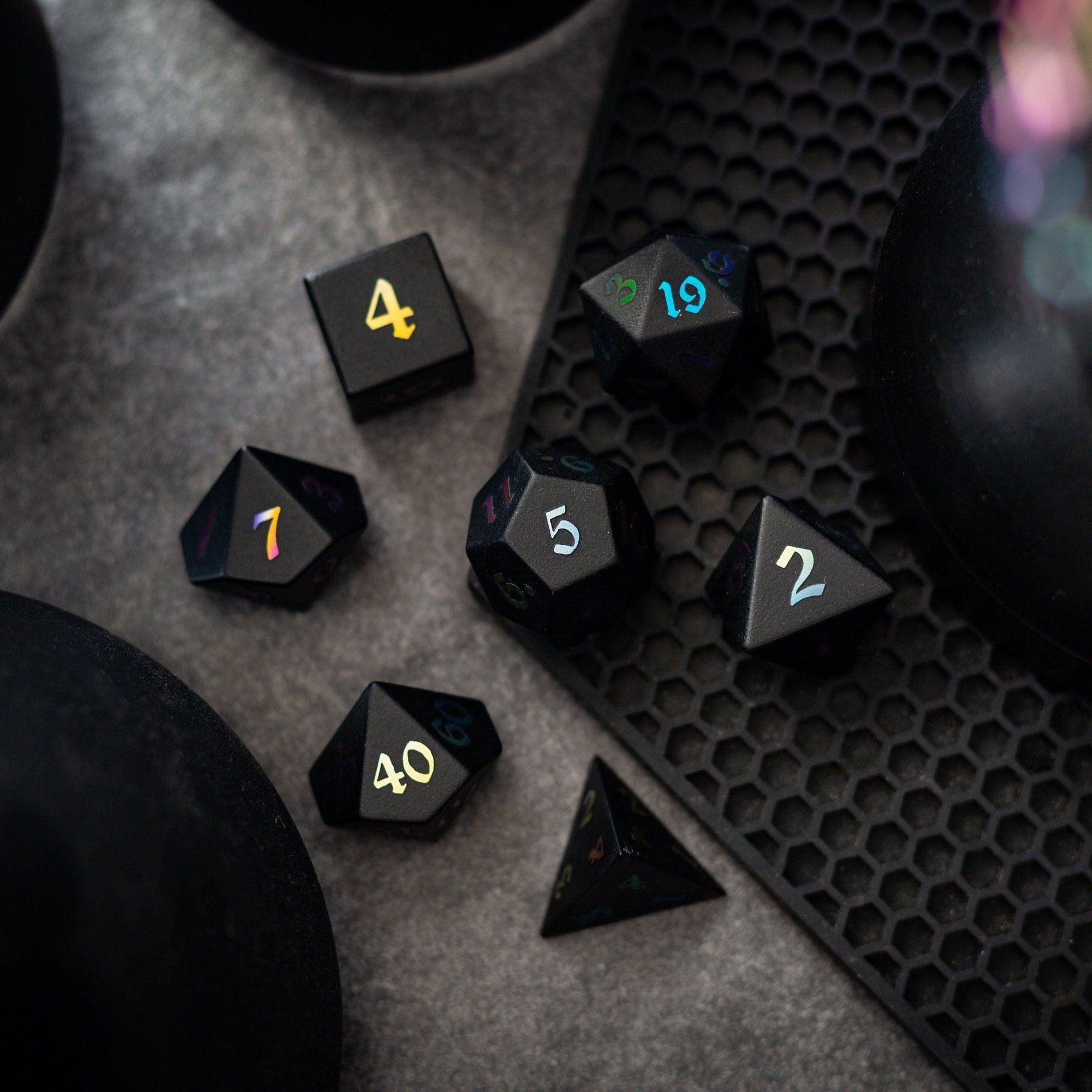
Leave a comment
This site is protected by hCaptcha and the hCaptcha Privacy Policy and Terms of Service apply.